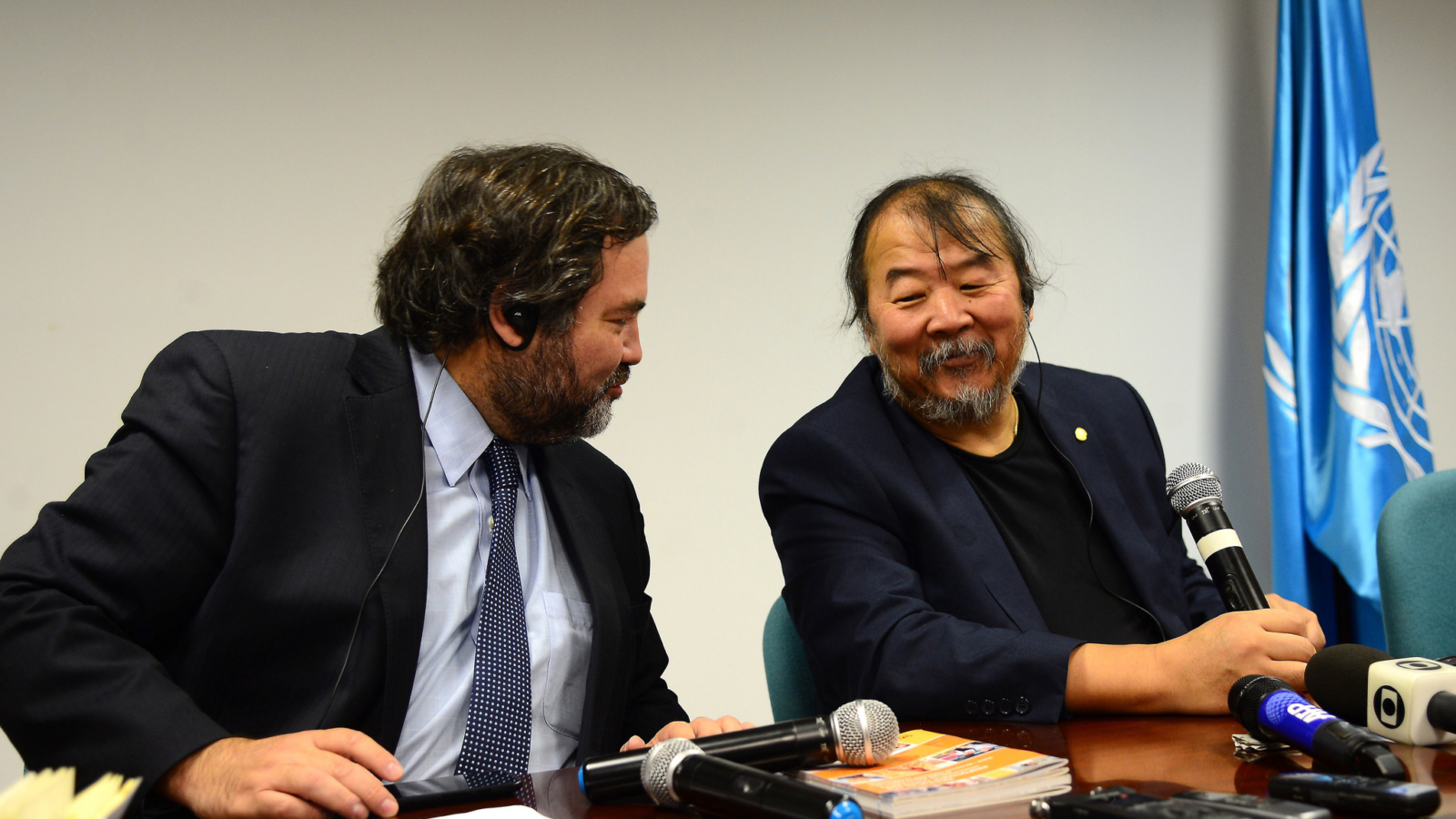By Pavel Sulyandziga
Bikin National Park is one of very few areas in the Russian Far East that remain untouched by those I consider the “wild barbarians of civilization.” It is home to the largest cat on the planet, the Amur tiger, and the Bikin River basin, nicknamed “the Russian Amazon.” Its forests are known as the lungs of the Northern Hemisphere, just as the Amazon’s jungles are in the Southern Hemisphere. The Bikin is also the native land of the Udege people, and about 600 of us still live there. The history of Bikin National Park is inseparable from the history of my people, and over the decades the land has been a valuable lens through which to observe the workings of Russian national politics. After years of struggle, in 2015 Bikin became the first national park project in which the government took responsibility for protecting indigenous rights.
My involvement in the fight to defend the Bikin began at the end of the 1980s. At that time, an agreement was signed between the governments of the USSR and South Korea granting the Seoul-based company Hyundai a three-decade lease of my people’s territory for industrial logging. By then, only four out of eight Udege groups remained in the region. The four lost groups hadn’t been wiped out; they had simply been cut off from their taiga— their native home—and were no longer able to engage in traditional activities like hunting and fishing. Some of the tribesmen tried to find happiness in cities; many others relocated to live among their relatives in different Udege populations. These groups—the Imanka, Kuruminskaya, Namunka, and Sungariyskaya—disappeared, although the Imanka are now attempting a revival. And all this happened in less than 30 years: Loggers first began to challenge them in the 1960s.
* * *
* * *
Pavel Sulyandziga is a representative of an Indigenous people of Siberia, the Udege. He is a member of the U.N. Working Group on business and human rights.
[Photo courtesy of Agência Brasil Fotografias]* * *
